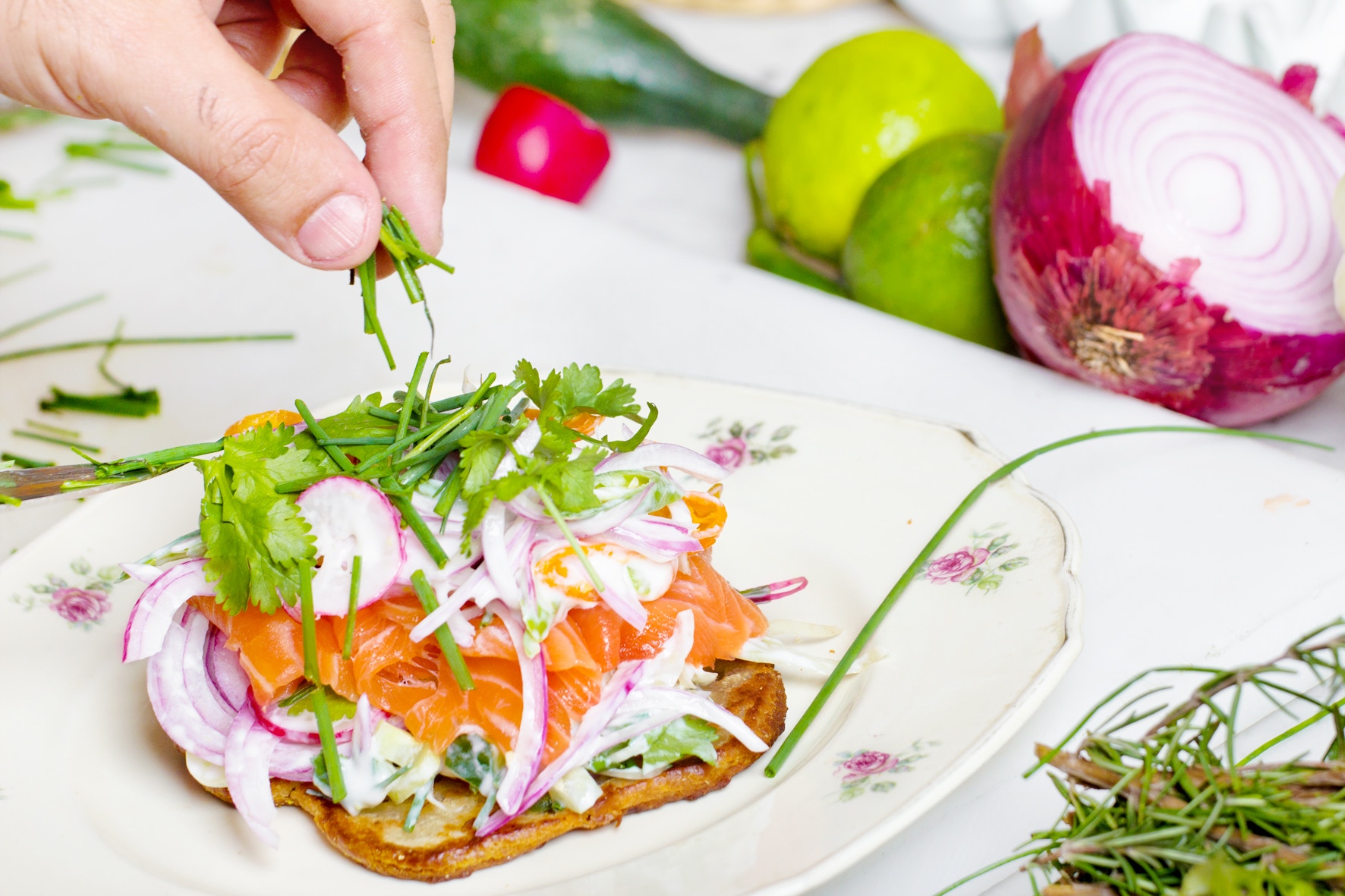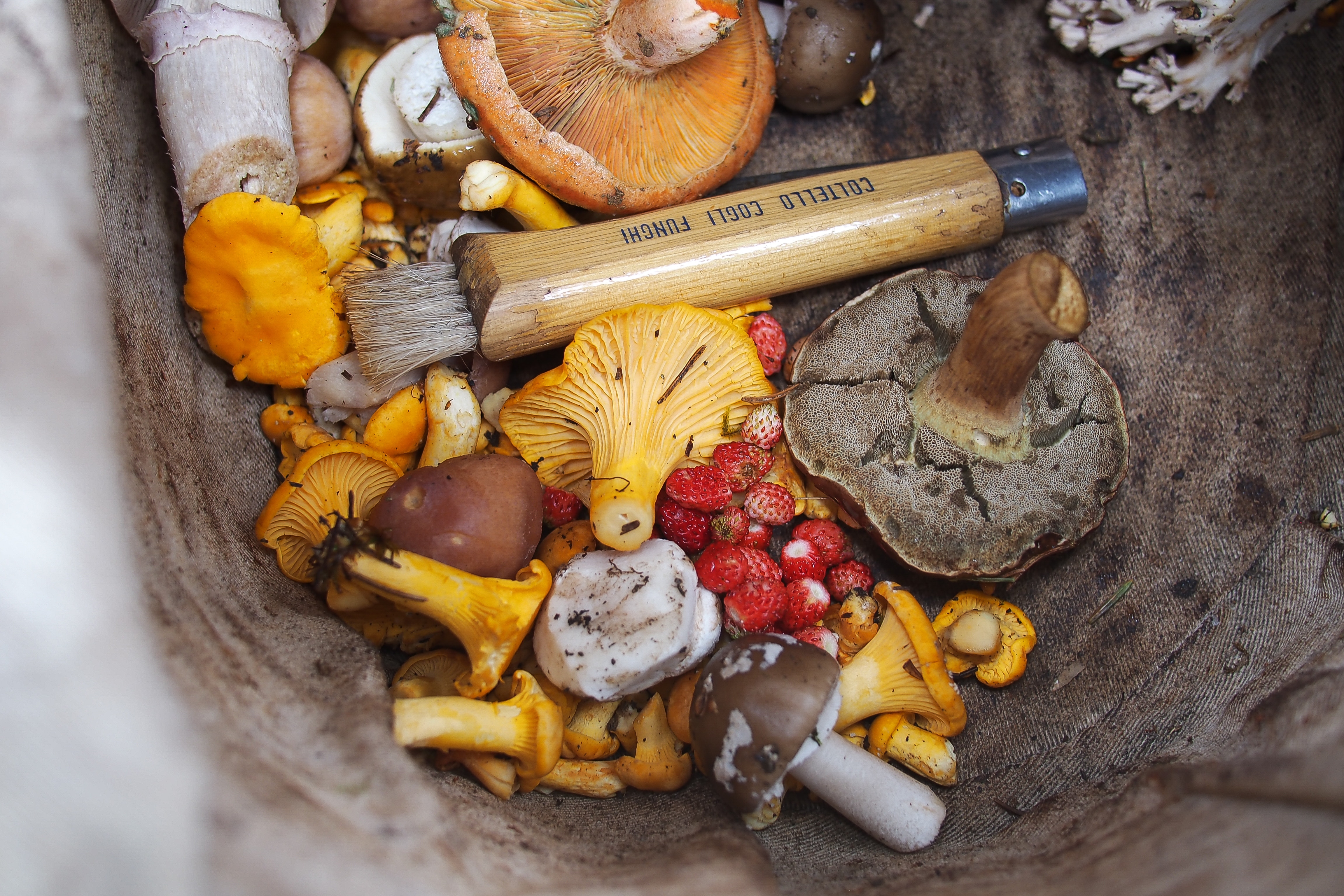As delightful as hot chocolate, crackling fires and Sunday roasts are, one downside to the change in weather comes in the shortening of our days. We naturally find it harder to get up out of bed in the morning and face the daily traffic-ridden commute to our jobs. I’m already missing the feel-good sunshine of the summer and temperatures more suited to the tropics than SW19.
With precious daylight hours become shorter, the weather increasingly colder and cloudy, we still need to catch up on much-needed vitamin D.
Essentially the human body uses only two types of vitamin D. D2 and D3. Both are as good as each other for the body, with the only difference being that vitamin D3 is more easily soluble. Vitamin D is needed for gut cells to absorb other vital nutrients like magnesium and calcium and has many further cell function benefits.
With winter drawing in, and not much hope of basking in the sunshine, we have to obtain vitamin D from our diet and supplements.
Sadly, Vitamin D is not found in abundance in most foods. Luckily most of the foods that you can find Vitamin D in are super healthy themselves so it’s good news there.
Good natural sources are egg yolks, oily fish like herrings, sardines, salmon and mackerel, and mushrooms especially shiitake and portabello varieties. Mushrooms are exposed to UV light to increase their vitamin D yield commercially in the production of health supplements. Like humans, mushrooms produce more vitamin D when exposed to sunlight. I would strongly advise against seeking this previous vitamin from sources such as tanning salons.

You can even take cod liver oil supplements which are naturally loaded with vitamin D and vitamin A. Vitamin A is great for your eyes and is a natural anti-ageing agent for your skin. You do have to be careful as too much vitamin A can be harmful and is not recommended in pregnancy and some other health conditions.
What if you are vegan, vegetarian or just do not like fish?
Obviously, mushrooms will be suitable, but be careful as most supermarket mushrooms are actually grown in the dark so have a low vitamin D content. For the perfect day out why not go on a foraging course or mushroom picking hunt?

Most supermarkets have a range of non-dairy alternative milk, yoghurts and even cereals that have been fortified with vitamin D and other valuable nutrients.
Or you could take a regular supplement. Ideally, you want to take at least about 1000iu of vitamin D every day. My favourite brands are D-Lux or BetterYou. These come as a spray which you squirt under the tongue. Vitamin D is well absorbed from there avoiding the gut where it can get damaged and removed easily from the body.
It’s easy to become vitamin D deficient in the winter as there aren’t many natural dietary sources of it. Eat healthy amounts of the foods mentioned and top up with supplements. And, if you can, there’s nothing wrong with a nice winter sun break. I hear Cyprus is lovely this time of year.
Written by Bhavash Padhiar. Read more work by Bhavash here…
Twitter: @bhavashmedical
Facebook: @wimblederm






